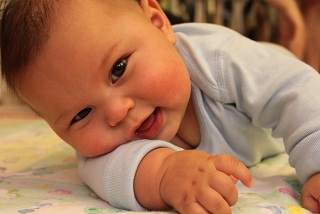 Happy year of the dragon y’all! The moon is setting on Gene’s year (rabbit) and rising on Rachel’s (dragon). All in all this last year’s been a great one for me, so I hope this one will be just as great for my wife.
Happy year of the dragon y’all! The moon is setting on Gene’s year (rabbit) and rising on Rachel’s (dragon). All in all this last year’s been a great one for me, so I hope this one will be just as great for my wife.
We held our 11th annual Anderkoo make-your-own-dumpling party last weekend so as not to step on any “real” Chinese New Year celebrations. Far off our record high of 1K+ dumplings, we still made and served up shy of 400 this year. As always, we made way too much stuffing for the event. It’s feeling like the week after Thanksgiving, except with pork instead of turkey.
Jacob experienced his first lion and ribbon dances on Sunday in Rockville, MD – as always, he thoroughly enjoyed (read: stared intently at) the festivities.
For anyone who’s looking for an explanation of the Chinese zodiac, I recommend checking out this book reviewed at Hapa Mama. The story as I recall it really illustrates Chinese culture’s respect for brains over brawn. (And, just to get a jump on next year’s snake, which to Western ears sounds sinister, Chinese culture has traditionally revered the snake as the ancestor of the human race.)
Happy New Year! (or, more traditionally, 恭禧发财, or “May you prosper!”)

